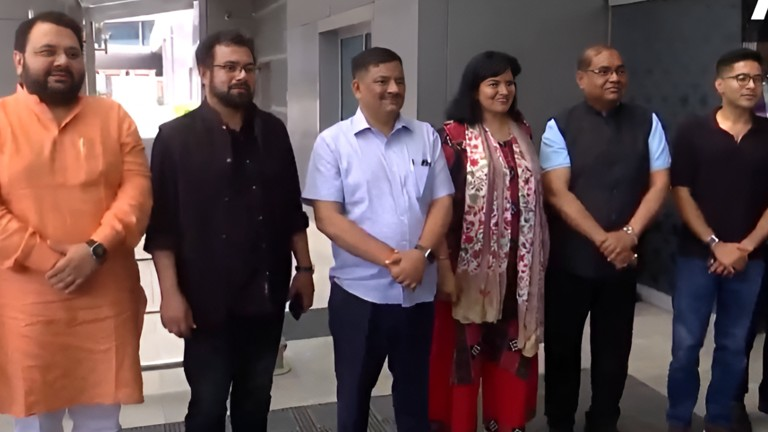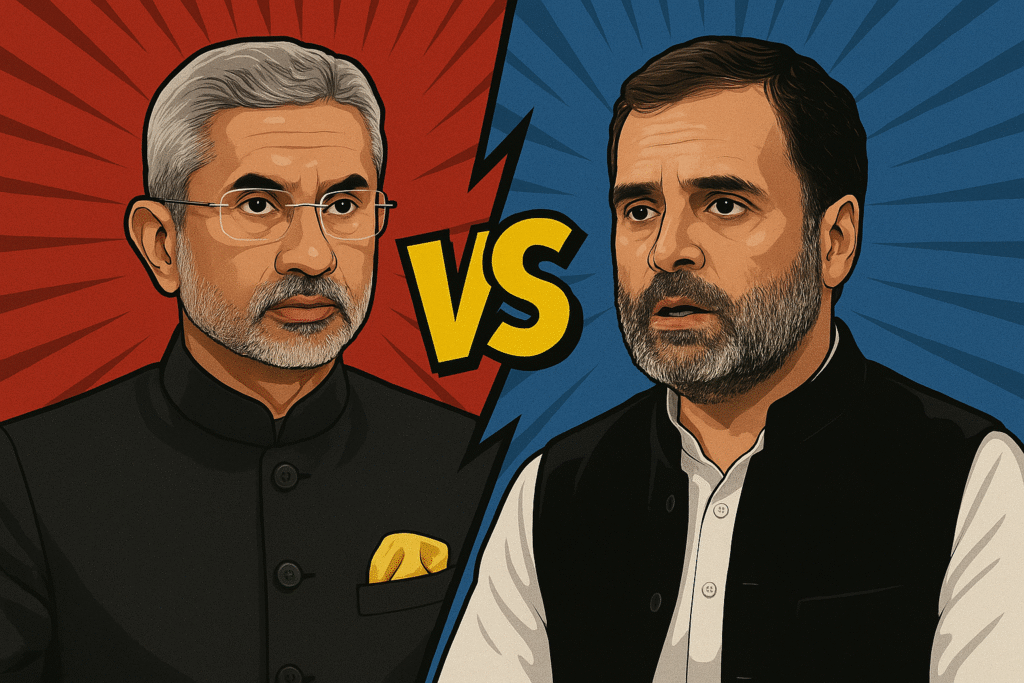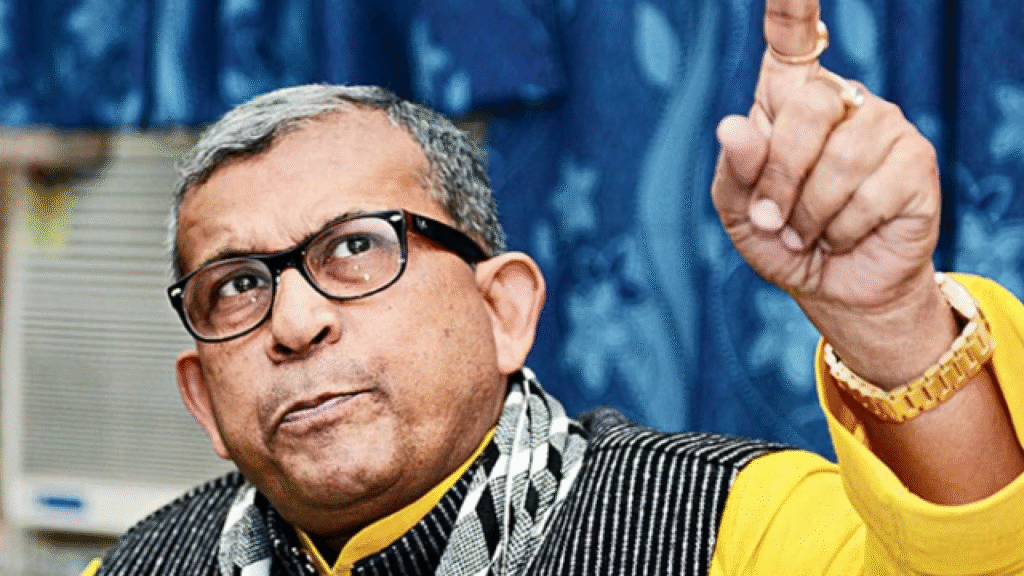India’s Global Campaign to Expose Pakistan’s Terror Links
India is stepping up its diplomatic war against Pakistan-sponsored terrorism with a bold, coordinated campaign—Operation Sindoor. This is not just a foreign ministry mission, but a political show of unity, with Members of Parliament from across party lines briefed and deployed as global ambassadors of India’s new counter-terrorism doctrine.
At the heart of this outreach is the “New Normal”—a strategic doctrine asserting zero tolerance for terrorism, even under the shadow of nuclear threats. The backdrop? Ongoing attacks, global radical networks with Pakistani fingerprints, and a growing need for India to shape the global narrative.
So, what’s actually happening under Operation Sindoor? Why is this different from previous diplomatic efforts? Let’s break it down.
The ‘New Normal’ is not a formal policy document—but make no mistake, it’s real. Coined during and after India’s military responses to attacks like Pulwama and Uri, the doctrine reflects a national mindset shift: India will no longer absorb terror strikes quietly.
What Is India’s ‘New Normal’ Doctrine?
Foreign Secretary Vikram Misri, during the recent MPs’ briefing, made it clear: India will retaliate decisively to any terror act on its soil and won’t let nuclear deterrence stop its strategic responses. This is a far cry from the older, restrained posture that sought international mediation or waited for consensus.
How does this connect to Operation Sindoor? Operation Sindoor is the diplomatic arm of this doctrine. It’s about taking India’s case directly to the global stage—with evidence, emotion, and unity. The campaign is structured, methodical, and high-stakes: Seven all-party delegations of MPs, including former ministers and ambassadors, will visit 25 nations. Target countries include UNSC members, key Asian players like Japan, South Korea, UAE, Malaysia, and emerging African powers. They’ll carry dossiers in the host nations’ languages, detailing Pakistan’s terror ecosystem.
#WATCH | After the briefing by Foreign Secretary #VikramMisri, BJP MP Aparajita Sarangi says, "All 7 delegations that are going out were briefed. When asked on what basis the nations were chosen, he said that we are going to all countries that are members of the UNSC, they are… pic.twitter.com/0k0mEoO7W1
— Argus News (@ArgusNews_in) May 20, 2025
This is not merely PR—it’s strategic storytelling with data, facts, and intent to build global pressure on Pakistan, isolate it diplomatically, and present India as a responsible power under threat.
What’s in the Dossiers, and Why Is Political Unity So Crucial?
The dossiers that MPs will carry as part of Operation Sindoor are detailed, multilingual documents that lay bare Pakistan’s direct involvement in terrorism—both in India and globally. These dossiers include intelligence-backed evidence such as satellite imagery of terror training camps, financial transaction trails linking Pakistan’s ISI to terror groups like Lashkar-e-Taiba and Jaish-e-Mohammed, testimonies from captured terrorists, intercepted communications, and case-by-case breakdowns of attacks including Pulwama, Pathankot, and Mumbai 26/11. Crucially, the dossiers also highlight Pakistan’s role in fostering transnational terror networks, aiming to show that this isn’t just India’s problem—it’s a global security threat.
Equally important is the message of national unity. By sending all-party delegations—including MPs from BJP, Congress, JD(U), Shiv Sena, and others—India signals that this campaign transcends party lines. This unified political front lends credibility and weight to the outreach, showing foreign governments that India is speaking with one voice on the issue of terrorism. In diplomatic circles, internal political consensus often strengthens a country’s negotiating position, especially when addressing complex issues like cross-border terrorism. The symbolism is clear: this is not about partisan gain; it’s about national security and collective resolve.
Operation Sindoor isn’t just about raising awareness—it’s about recalibrating global tolerance for Pakistan’s actions. It’s assertive, evidence-driven, and reflects India’s shift from defensive diplomacy to proactive pressure-building.
This is India’s foreign policy in a new gear, and its success will depend on how clearly and convincingly the MPs can tell India’s story—and expose the truth Pakistan doesn’t want the world to see.





















